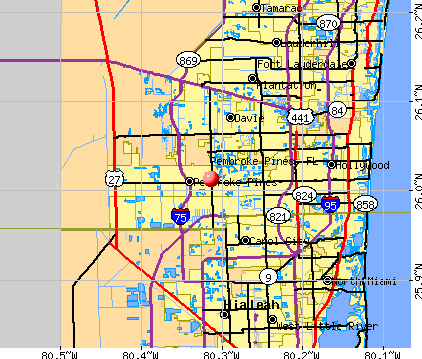Recorded cases of suicide climbs
By Jeanna Pearson
In just three months reported cases of suicide have hit 28; half of the Pan American Health Organization
(PAHO) expected deaths from suicide every year, PAHO Country Representative Dr William Adu-Krow said in a recent interview with Kaieteur News.
He stated that in the first two weeks of the year, Guyana had recorded ten cases of suicide. By the end of March there were 28 recorded deaths. “Which is out of the ordinary, because we expect a maximum of 60 deaths from suicide each year,” he said, highlighting that Guyana is only through the first quarter of the year and has recorded this.
According to the Pan American Health Organization (PAHO) suicide is one of the leading causes of deaths in Guyana, with the country recording one incidence of suicide every 36 hours. At present, Guyana is the suicide capital of the world after having recorded 44.2 suicides per 100,000 people.
Guyana’s ranking comes although there was an 8.5 per cent drop in the country’s suicide rate between 2000 and 2012, signifying that local efforts to fight suicide have simply not kept up with that of other countries.
Also present, statistics show that about 15 per cent of Guyanese suffer from a mental disorder, while some three to five per cent suffer from severe chronic mental disorder. And more than 80 per cent of the people who committed suicide are Indo-Guyanese.
“This definitely needs urgent attention because the figures are not for the first half of the year but only for the first quarter. This is disturbing,” a sombre Adu-Krow said, suggesting that there is need for more community work.
“[The Public Health Ministry] needs to get on the ground because it’s the people that are affected. It is the family.
So they need to engage the religious community and also the people because someone who is contemplating to kill themselves would not want to walk into a health centre. No, they would talk to their family. It is the family that needs to be targeted,” he posited.
According to the World Health Organisation (WHO) Report, “Preventing suicide: a global imperative,” in some countries, like Guyana suicide is at its highest in vulnerable groups struggling with a lack of social support from families and friends.
The report stated that suicidal behaviour often occurs as a response to personal psychological stress in a social context where sources of support are lacking. It added that isolation occurs when a person feels disconnected from his or her closest social circle: partners, family members and friends.
While persons who share close personal and enduring relationships typically have a sense of purpose, security and connectedness.
Adu-Krow further said that while there is evidence to suggest that suicide is decreasing in Guyana, statistics for 2016 reveal that it is on the rise. He noted that these figures do not include the amount of unreported cases.
The Country Representative indicated that there are a lot of activities being pushed through the Public Health Ministry but the impact is not seen. He reiterated that although there is a need for a multi-sectoral approach there is evidence to suggest that more community work should be carried out.
On the other hand, Adu-Krow stated that amount of money allocated for suicide prevention has not been made public. “There is money set aside for mental health and from that, money was allocated for suicide. How much that is? We don’t know,” he noted.
Minster within the Ministry of Public Health Dr Karen Cummings yesterday acknowledged the country representative sentiments, stating that the ministry has started works at the community level.
“We are doing capacity building, which is an inter-sectoral approach with other ministries and community leaders,” she said, adding that they have adopted a ‘gate-keeper’ approach to deal with the people.
She explained that community leaders, especially in the areas where there is a high incidence of suicide, are trained to counsel persons struggling with thoughts of suicide and exhibiting suicidal behaviour.
She also indicated that the ministry is taking stringent steps to have laws on suicide revised. Presently, the law criminalizes suicide. She said further that there are four strategies that the ministry is implementing to tackle the scourge.
Cummings stated that surveillance and research are high on the agenda while the other three strategies include health promotion, pesticide reduction and strengthening of the health system.
Psychologist Dawn Stewart had previously indicated that the large percentage of the Guyanese struggling with unemployment and underemployment are two of the leading risks of suicide.
Stewart stated that there is extensive evidence supporting the link between the factors and suicide. She explained that employment security and mental health and well-being have a bidirectional relationship that promotes good mental health.
She noted that persons with good mental health are better able to seek, obtain and maintain gainful employment. Therefore, she added it was necessary for Guyana to have a very effective and structured local government system, where communities would have the benefits of support groups, health centres, functioning community centres.
“If we build stronger communities and give the people hope and things to do the probability is that we will see a reduction in the suicide cases,” she said, indicating that once people are occupied they are better able to function mentally.
However, relationship issues are one of the major risk factors of suicide and suicidal behaviour.




